On June 22, 2020 it appears that Google made some significant changes to their algorithms. While Google runs several updates in any given day, the June 22/23 update does appear to be one of significance.
What we know so far
- This was not a core update. Neither was it announced or acknowledged so far by Google.
- The update appears to have benefited many official .gov and .org websites, but there is probably more to the story.
- As Google has described in their document on how they fight disinformation, they describe that their systems are designed to prefer authority over other factors “in times of crisis”. If this truly is related to what we saw happen in June, these changes could possibly be reversed once the worldwide pandemic situation improves.
SEO weather tools
These tools can often give us hints as to whether or not something significant happened in Google’s algorithms on a given day. The vast majority of these tools reported widespread turbulence in the SERPs at this time.
(Note: Semrush Sensor is reporting June 22 as a possible rollback of the May core update. At MHC, we are not convinced that this was a rollback.)
What types of sites were affected?
Lily Ray noted that a large number of government sites and official health organizations saw big boosts with this update.
Some huge spikes in SEO visibility among government websites, health organizations, etc. in the past couple of days, according to @sistrix.
I'll have to dig into the data more, but curious if others are seeing something similar. pic.twitter.com/9IHmhhCtrM
— Lily Ray 😏 (@lilyraynyc) June 29, 2020
Here are Ahrefs.com estimates of organic traffic for some of these highly authoritative sites. Each of these increases seen on the right hand side of the image start on June 22, 2020.
fda.gov
health.gov
healthaffairs.org
Examples of affected keywords and sites
In many cases, but not all, the keywords for which government sites received a ranking boost were connected to COVID-19.
Keyword: Surgical Mask
Prior to the June update, the top sites ranking for this term were Medical News Today, Walgreens and WebMD.com. (Screenshot from SEMrush’s historical SERP analysis)
However, after the update, we can see that the top site is now an infographic from cdc.gov.
Keyword: antibacterial soap
Before this update, the winners for this keyword were Wikipedia, Amazon, and then FDA.gov.
After the update, the fda.gov post jumped to the #1 organic spot:
Not all affected keywords were directly related to the virus, however. A search for “Obama” in May, would have returned to you, barackobama.com, Wikipedia, Obama’s Twitter page and then Facebook. The Whitehouse.gov page on the former US president used to rank in eighth position and now it ranks at #4. The page on the Whitehouse.gov website is quite short, and we do not feel it is anywhere close to the best answer for a searcher typing this query. We believe it saw improvements in rankings because it is a government website.
There are many other examples of sites whose declines in Google traffic can be explained by the fact that they are now being outranked by .gov, .org, or other highly authoritative websites.
MHC’s thoughts on what happened with this update
In our own client base which consists of a few hundred websites, we had several clients seeing a slight downturn that starts on June 22/23, 2020. Here is one example:
We reviewed drops in keyword rankings for this site and found that in most cases, they had only dropped one position for keywords that they had previously ranked well for. For quite a few of their keywords, with the June 22/23 update, they were newly outranked by ic.gc.ca, the official site for the Government of Canada. Most likely, our client’s articles are still considered to be good, high quality pages by Google. But, the shift in their algorithms that seems to greatly prefer official organizations and government sites likely has promoted ic.gc.ca above many of their pages.
This is the case for other clients of ours as well. One of our clients is a well respected company that lost top rankings for several queries related to addiction and drug abuse. Many of their keywords dropped 2-3 places in rankings. After June 22, the sites winning those rankings are now drugabuse.gov and medlineplus.gov, obviously both authoritative governmental sites.
However, we have several other sites in our profile that saw increases or decreases at this time where we could not connect those changes with Google giving more prominence to official organizations or government websites. This client of ours saw a 10-15% gain in Google organic traffic to the majority of their pages, but they are not a well recognized brand, an official organization or a government agency.
While we do not feel that June 22/23, 2020 should be considered a significant core update, we do think it is worth noting, and have done so in our list of known and suspected Google updates.
The following sums up our current thoughts on the June 2020 “government” update:
- For many YMYL queries, Google may have given more preference to sites with very strong authority signals.
- In many cases, sites that declined with this update only lost 1-2 positions in keyword rankings. This leads us to believe that in most cases, sites that declined were not demoted, but rather, they lost a position or two in rankings because a .gov, .org or other largely authoritative website was promoted.
- Google likely made other changes at this time as some sites affected either positively or negatively do not compete with government or official org websites.
What to do if you were affected by the June 22/23, 2020 update
If you have noticed a decline in your Google organic traffic at this time, we would recommend that you spend time looking at which keywords, and which pages were affected. Focus on determining which of your competitors saw increases in rankings at this time.
If it is mostly government websites, or very largely authoritative websites that have taken your rankings, there may not be much you can do. If Google’s algorithms have determined that the safest place to send someone who searches for a YMYL query is an official/government site, it may not be possible to outrank them.
For example, let’s say you have a page on your website that explains in great detail every step you need to take to apply for a boat license in your city. Even if that article is significantly more thorough than helpful than what is on the official website for that city, most likely the majority of people who are searching for “how to get a boat license in [your city]” are looking for the page on the city’s website where they can actually apply for a boat license. Your content might be better...but Google’s algorithms that try to determine relevancy will likely prefer to rank the more official city site above yours because that’s what more people truly want to land upon.
In some cases though, if the government page that is ranking well is not thorough, we do believe it is possible that Google could choose to rank an extremely helpful article on your website provided that your website demonstrates very good E-A-T. It depends on the nature of the queries typed to get to your page.
It is possible that this change that Google has made will revert once the worldwide pandemic situation is better. In Google’s document on how they fight disinformation, they tell us that their systems are designed to “prefer authority over factors like recency or exact word matches while a crisis is developing.”
If you are seeing less traffic from Google after this update, we would recommend the following:
- Thoroughly read Google’s Quality Raters’ Guidelines. Pay close attention to any examples given that are in similar verticals as you. If you are interested, you can go here to purchase our 2020 version of our summary and checklist you can use to assess your own site in the eyes of the QRG.
- Pore over the questions that Google recommends you ask about your website in their blog post on what you should know about core updates.
- Do all you can to keep your site technically sound.
- If you have had a history of building links that you are worried about the webspam team seeing, seriously consider a link audit and disavow, or at minimum, ceasing in building links just for SEO. We do not feel that this update was connected to link quality, but this is worth mentioning as so many SEO’s spend huge amounts of time building links that likely are not helping the site’s ability to rank well.
- Have an outside person review some of your pages as compared to competitors. You may think that your pages are the best of their kind, but if most people would prefer to see your competitor’s pages, this is a problem. Google wants to rank the pages that best answer the user’s query and, if YMYL, have excellent elements of E-A-T.
If you are looking for someone to review your site with the above bullet points in mind, you may be interested in a site quality review from MHC. Our site auditors have been reviewing websites in the eyes of Google’s Quality Raters’ Guidelines for several years now. We have had great success in helping many websites see improvements!
Want to stay up to date on the latest changes with Google’s algorithms?
In our weekly newsletter we share the latest Google news. Our premium subscribers also get our findings, theories on what Google has changed, and more!
Were you affected by this update?
We would love to hear your thoughts below.


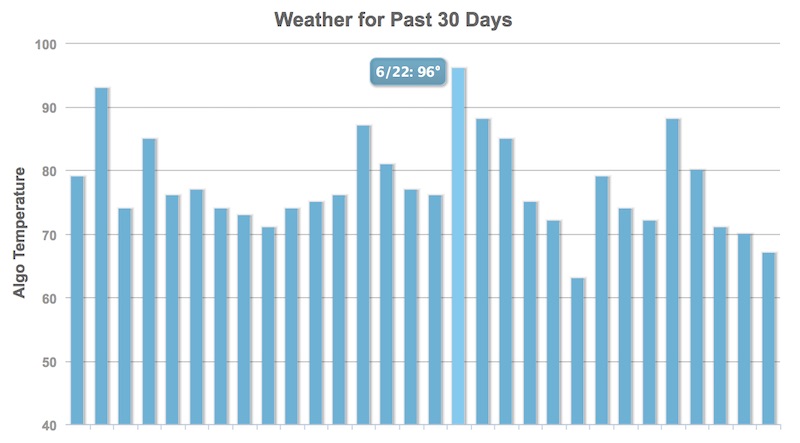
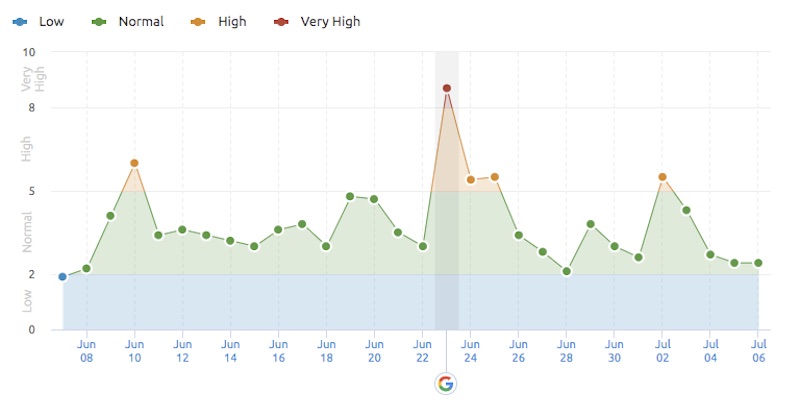

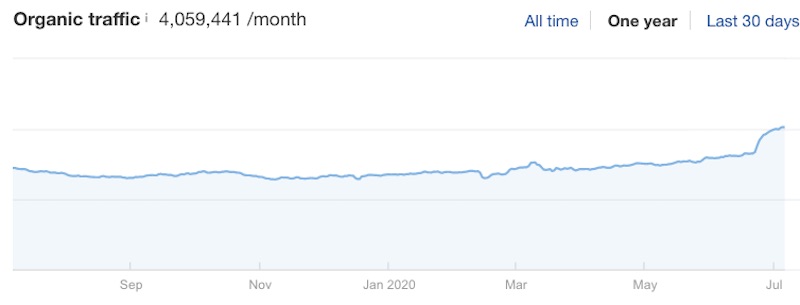
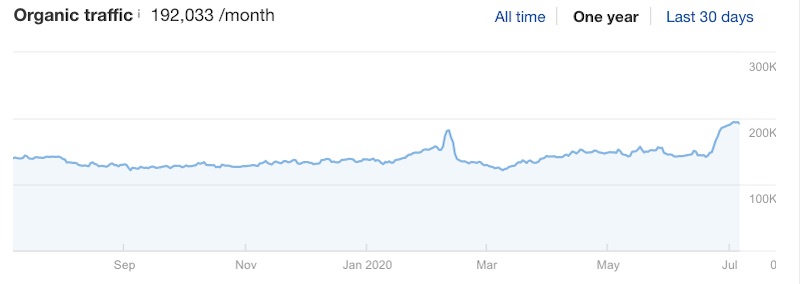
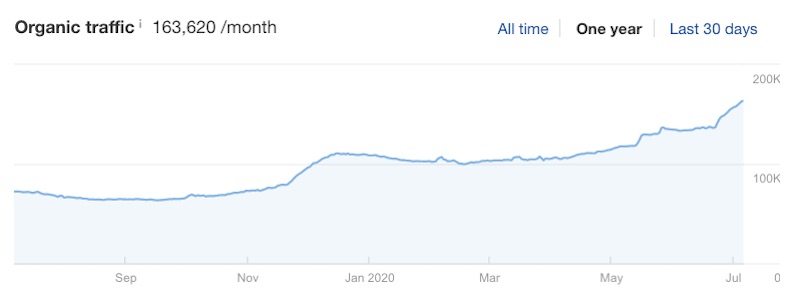
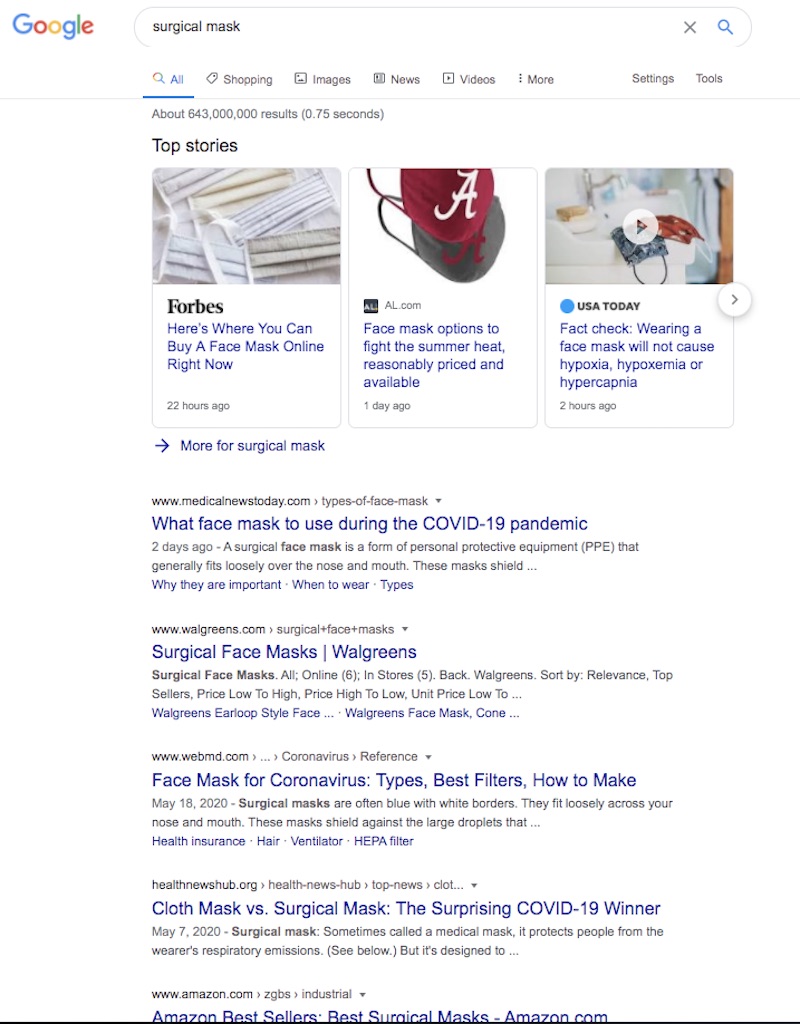
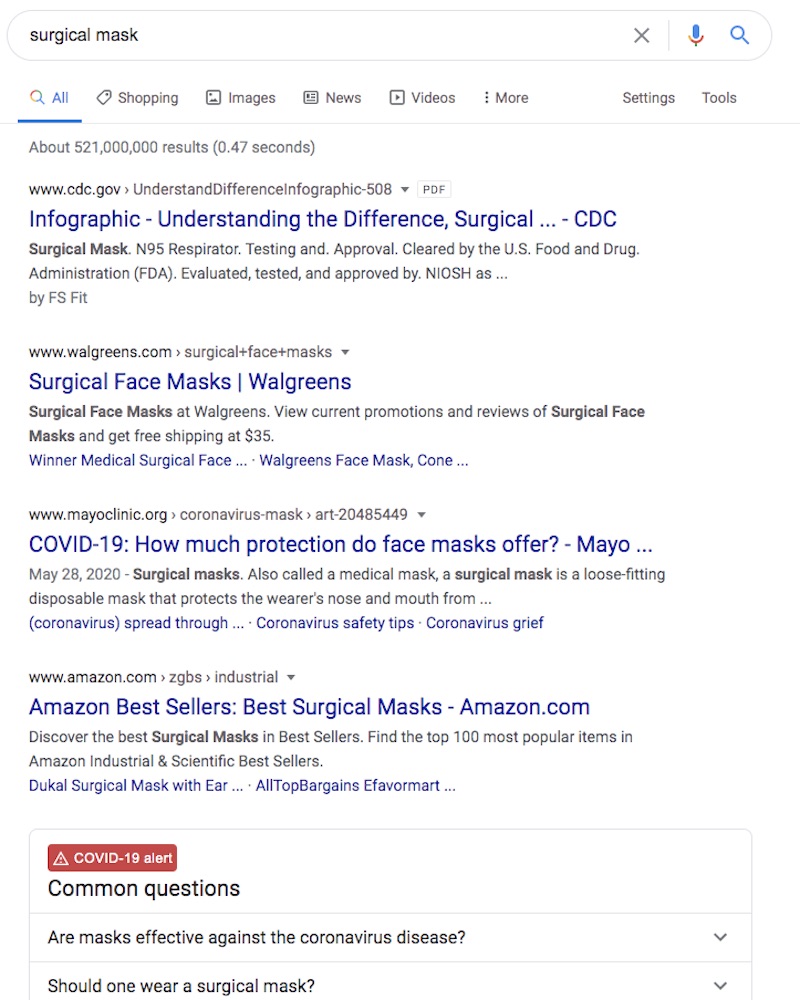
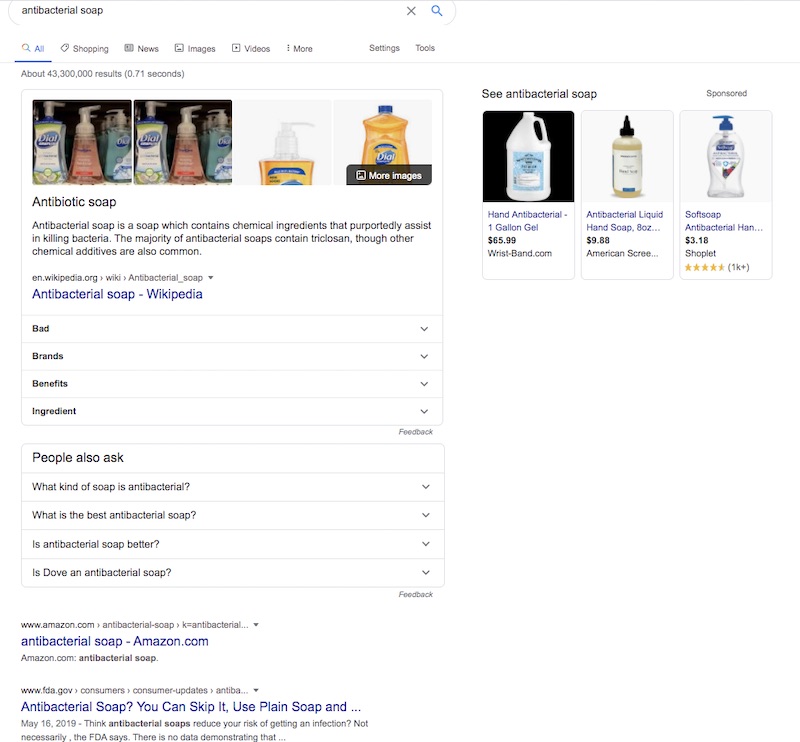
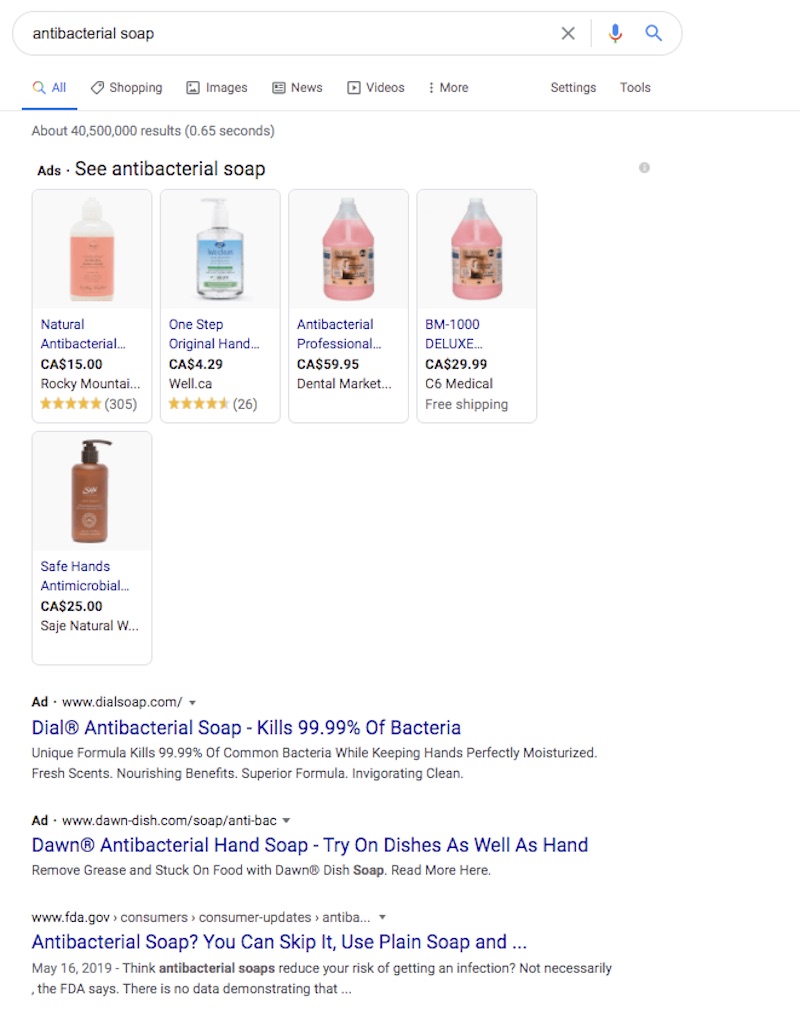





Comments are closed.